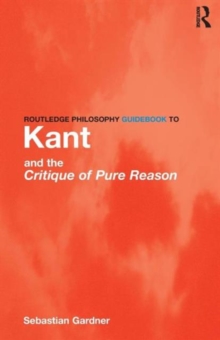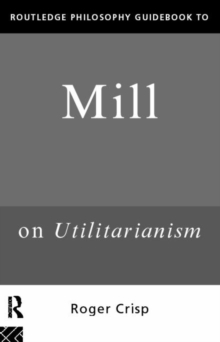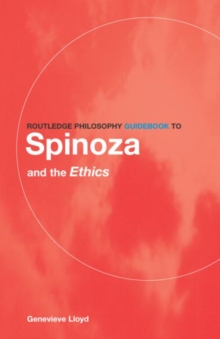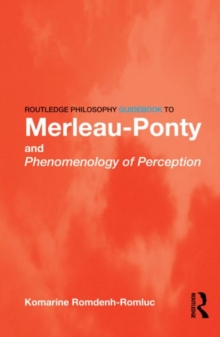
Routledge Philosophy GuideBook to Wittgenstein and On Certainty PDF
by Andy Hamilton
Part of the Routledge Philosophy GuideBooks series
Description
Ludwig Wittgenstein is arguably the most important philosopher of the twentieth century. In On Certainty he discusses central issues in epistemology, including the nature of knowledge and scepticism. The Routledge Philosophy Guidebook to Wittgenstein and On Certainty introduces and assesses:
- Wittgenstein's career and the background to his later philosophy
- the central ideas and text of On Certainty, including its responses to G.E. Moore and discussion of fundamental issues in the theory of knowledge
- Wittgenstein's continuing importance in contemporary philosophy.
This GuideBook is essential reading for all students of Wittgenstein, and for those studying epistemology and philosophy of language. On Certainty, Wittgenstein's final work, addresses a category of "world-picture" propositions discovered by G.E. Moore. These challenge Wittgenstein's enduring commitment to a well-defined category of empirical propositions, and help to generate a critique of scepticism. Developing Wittgenstein's view that scepticism is self-undermining, the Guidebook offers a combative yet therapeutic interpretation that locates On Certainty between the standpoints of Kant and Hume.
Information
-
Download - Immediately Available
- Format:PDF
- Pages:360 pages
- Publisher:Taylor & Francis
- Publication Date:17/10/2014
- Category:
- ISBN:9781317676379
Other Formats
- Paperback / softback from £28.99
- Hardback from £120.00
- EPUB from £26.09
Information
-
Download - Immediately Available
- Format:PDF
- Pages:360 pages
- Publisher:Taylor & Francis
- Publication Date:17/10/2014
- Category:
- ISBN:9781317676379










